US braced for TikTok election
The Chinese video hosting app’s burgeoning popularity has politicians, regulators and tech experts alarmed, as they question its commitment and ability to block fake news.
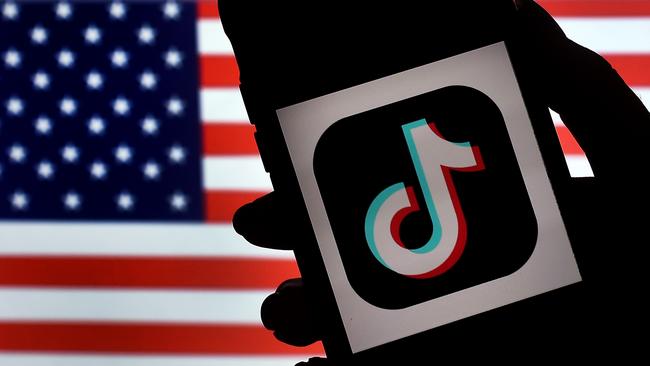
When voters head to the polls in 79 days for America’s November midterm elections, much will be at stake. All 435 members of the House of Representatives, a third of the Senate and 36 state governors will be fighting for their political lives. And all of them will have to contend with an X factor: TikTok.
The video app has, since Joe Biden was elected in 2020, grabbed centre stage in America’s - and Europe’s - cultural life. Since the last election it has been downloaded more than 110 million times in the United States, and last year it became the first non-Facebook app to cross the 3 billion download threshold globally, despite being banned from India’s market of 1.4 billion people, according to data from Sensor Tower.
Its meteoric rise has alarmed Facebook, which has reported falls in both sales and users for the first time and is furiously attempting to remake itself in TikTok’s image. It is not hard to understand why. Powered by a little-understood recommendation algorithm, TikTok has proved fiendishly efficient at reeling people in and keeping them scrolling. Users spend an average of 95 minutes a day in the app - more than the 74 minutes people spend on YouTube, double the time spent on Facebook and Instagram, and three times as much as Twitter, according to Sensor Tower.
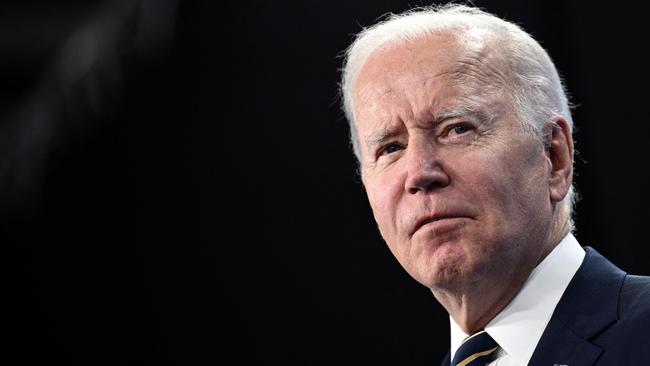
In short, this year will herald the first TikTok election. That has spooked lawmakers and led to a mad scramble by the company to show that it is up to the task amid a surge of scrutiny not seen since 2020, when Donald Trump, under the threat of a ban, attempted to force a sale of the US operations on national security grounds. TikTok is owned by ByteDance, a tech giant based in Beijing.
Last month, an official on the Federal Communications Commission called for TikTok to be kicked out of US app stores amid fears that data relating to American users might be accessed by the Chinese government. Republican Marco Rubio and Democrat Mark Warner found rare common cause in their call for a Federal Trade Commission investigation of the company.
#China has installed millions devices in the U.S. & are using them to secretly collect the photos,contacts,GPS location & online viewing & shopping habits of over 130 million Americans
— Marco Rubio (@marcorubio) July 8, 2022
This operation is named @tiktok_us and it needs to be shut down
And last week a security researcher revealed that the web browser inside TikTok’s app can track every keystroke of its user. The company said that despite the abnormal capability, it does not collect keystroke data. The revelation will likely inflame the concerns of the White House, which is considering an executive order to give the government new powers to intervene where American user data is exposed to adversaries abroad. TikTok has gone into full damage control mode. Chief executive Shou Zi Chew has sought to assuage perhaps the single biggest concern of US lawmakers: the security of user data. He told senators that as of June all data of new US users had been shifted to flow through domestic data centres operated by Oracle, the US tech giant. The London-educated executive also dismissed concerns that the Chinese Communist Party might have access to American data after a news report revealed that ByteDance employees in China regularly accessed US user information. Chew wrote: “We have not been asked for such data from the CCP. We have not provided US user data to the CCP, nor would we if asked.”
Your privacy matters to me – especially when foreign governments are involved. That’s why @MarcoRubio and I are calling for an investigation into TikTok – consumers need answers about who has access to their data.
— Mark Warner (@MarkWarner) July 7, 2022
The worries extended far deeper than simply what TikTok does or doesn’t do with user data. The app is fundamentally different from its social media rivals, which rely on the user’s “social graph”, the network of people, brands and interest groups one follows, to serve up content. TikTok uses an artificial intelligence-based recommendation engine that divines your desires by interpreting subtle clues. These range from how long you watch a video to whether you share it, and its content.
The mechanism is poorly understood externally and wildly effective, which worries regulators and tech experts. Jesse Lehrich, co-founder of the campaign group Accountable Tech, said: “It would be very easy to amplify things with anti-democratic messaging or just general dissatisfaction with the system of government or trying to boost or harm specific candidates. That kind of stuff is a real concern and it’s just really hard to measure.” Indeed, former ByteDance employees told Buzzfeed last month that the company censored anti-China content and promoted positive stories about the country on its now dead US news app, called TopBuzz. ByteDance denied the allegations. But Chew and his brain trust, painfully aware of the concerns, sought to address them last week, with an odd deal under which TikTok would allow Oracle to effectively peek over its shoulder, giving it “regular vetting and validation” power over how it moderates and recommends posts.
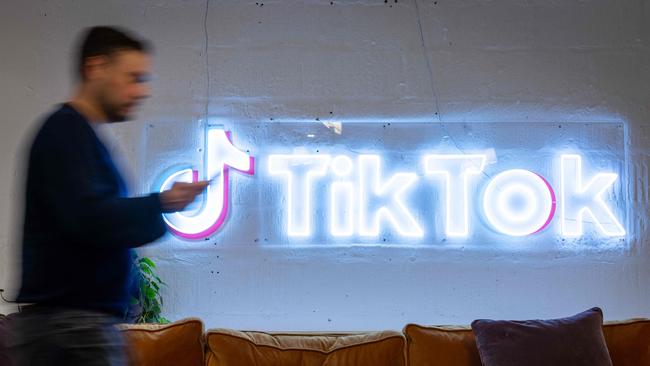
It seems unlikely those measures will appease lawmakers, not least because of concerns about the rise of misinformation on the platform. In the run-up to Kenya’s presidential election this month, for example, posts spreading misinformation and hate speech had wide circulation. TikTok, the most downloaded app in the country, removed countless posts, but many others got through.
Odanga Madung of the Mozilla Foundation, who analysed the app’s handling of the election, said 130 videos garnered 4 million views in the nation of 54 million, including posts threatening ethnic violence. “Similar narratives stoked the post-election violence of 2007-2008, where over 1,000 Kenyans died and thousands more were displaced,” Madung wrote. “TikTok is failing its first real test in Africa.” In America, TikTok last week opened an “election centre” in the app, where posts that involve the election will be labelled as such with links to authoritative sources on issues and voting.
The company has stood by its ban on political ads, and said it uses artificial intelligence to weed out posts that violate its guidelines against “content including election misinformation, harassment - including that directed towards election workers - hateful behaviour, and violent extremism.” TikTok has declined to say how many human moderators it has. Lehrich said, however, that the “basic architecture” of the app, where video and audio are central as opposed to text-based apps such as Twitter, makes it extremely difficult to police effectively. “When you combine that architecture with the reality that an increasing amount of young people in particular are spending an inordinate amount of time on the app and getting so much of their news and information and discourse from there, that’s super concerning.”
This month, Biden won approval of an $116 billion expansion of the Internal Revenue Service, America’s tax authority. On TikTok, an idea gained currency that the expansion was a ploy to send out agents across America to take away people’s guns. In numerous videos, people spoke about a coming clash with the federal government and made veiled threats to people who joined the IRS. “You are now targets,” said one man. That video and several others were removed by Tiktok but highlighted the challenge it faces.
Countless polls have found that 70 per cent of Republicans believe the 2020 presidential election was stolen. When disinformation becomes systemic, no amount of content moderators or artificial intelligence can stamp it out. For TikTok, it looks an almost unwinnable contest but the stakes couldn’t be higher. The company has faced down once the threat of getting booted from its most lucrative market. Its job now is to avoid getting pushed to the precipice again.
The Times

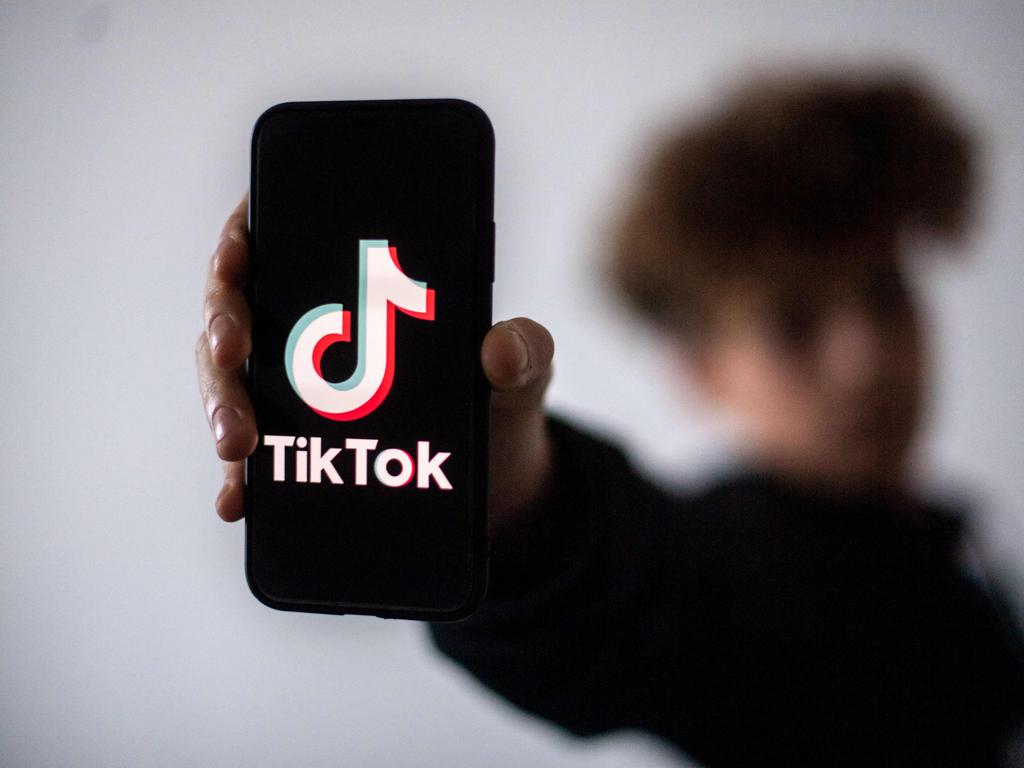
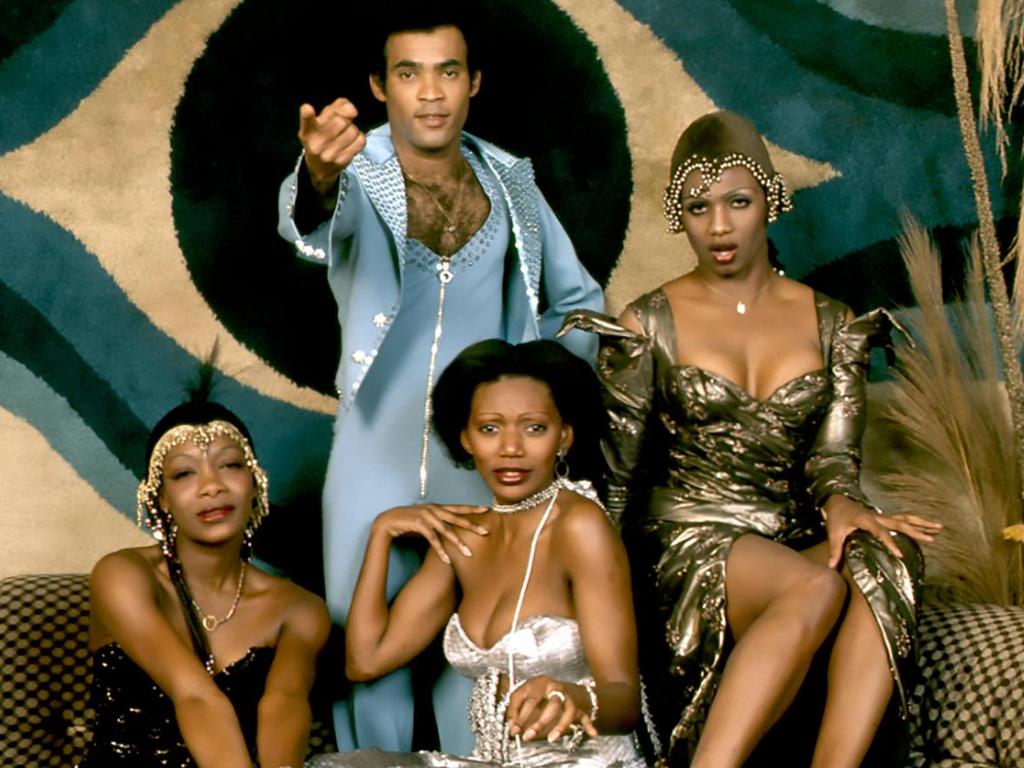
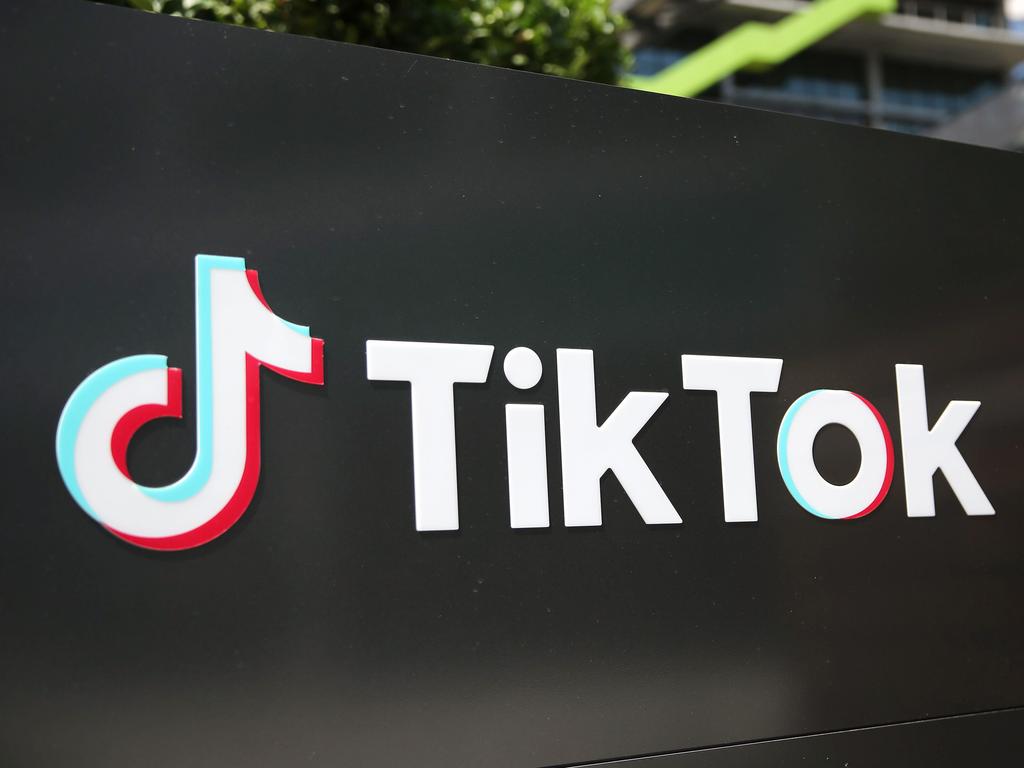


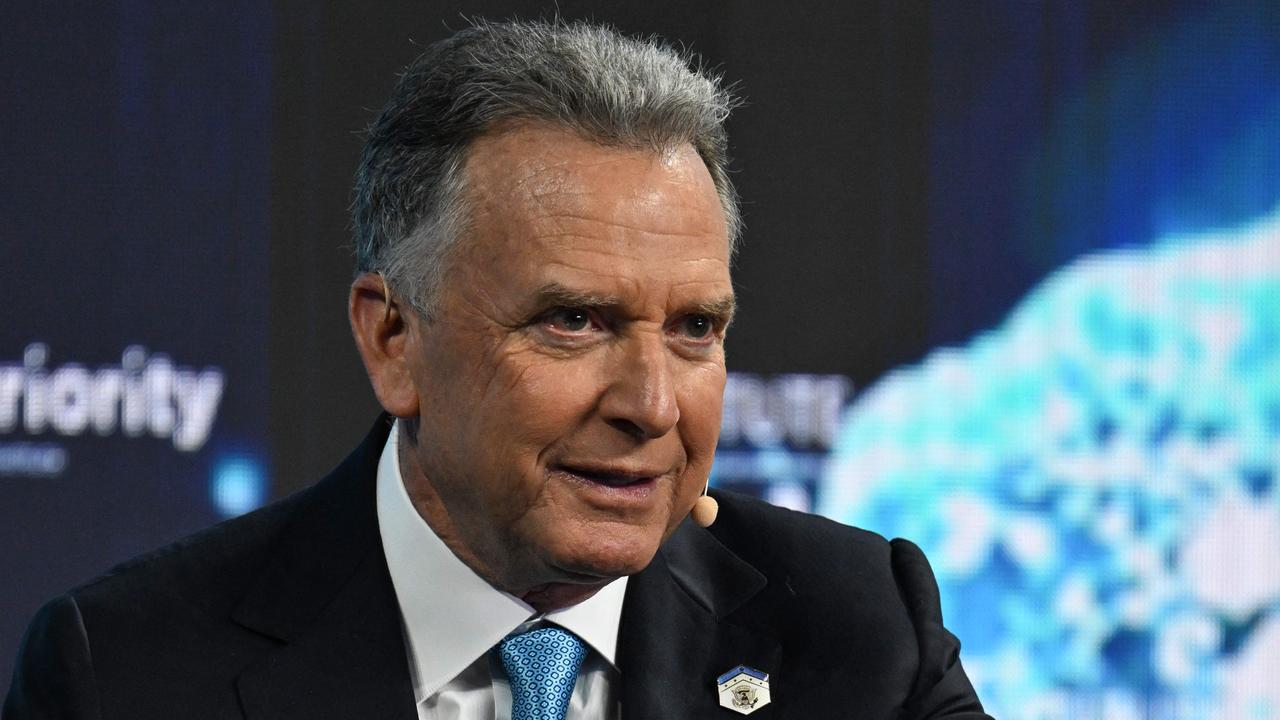
To join the conversation, please log in. Don't have an account? Register
Join the conversation, you are commenting as Logout